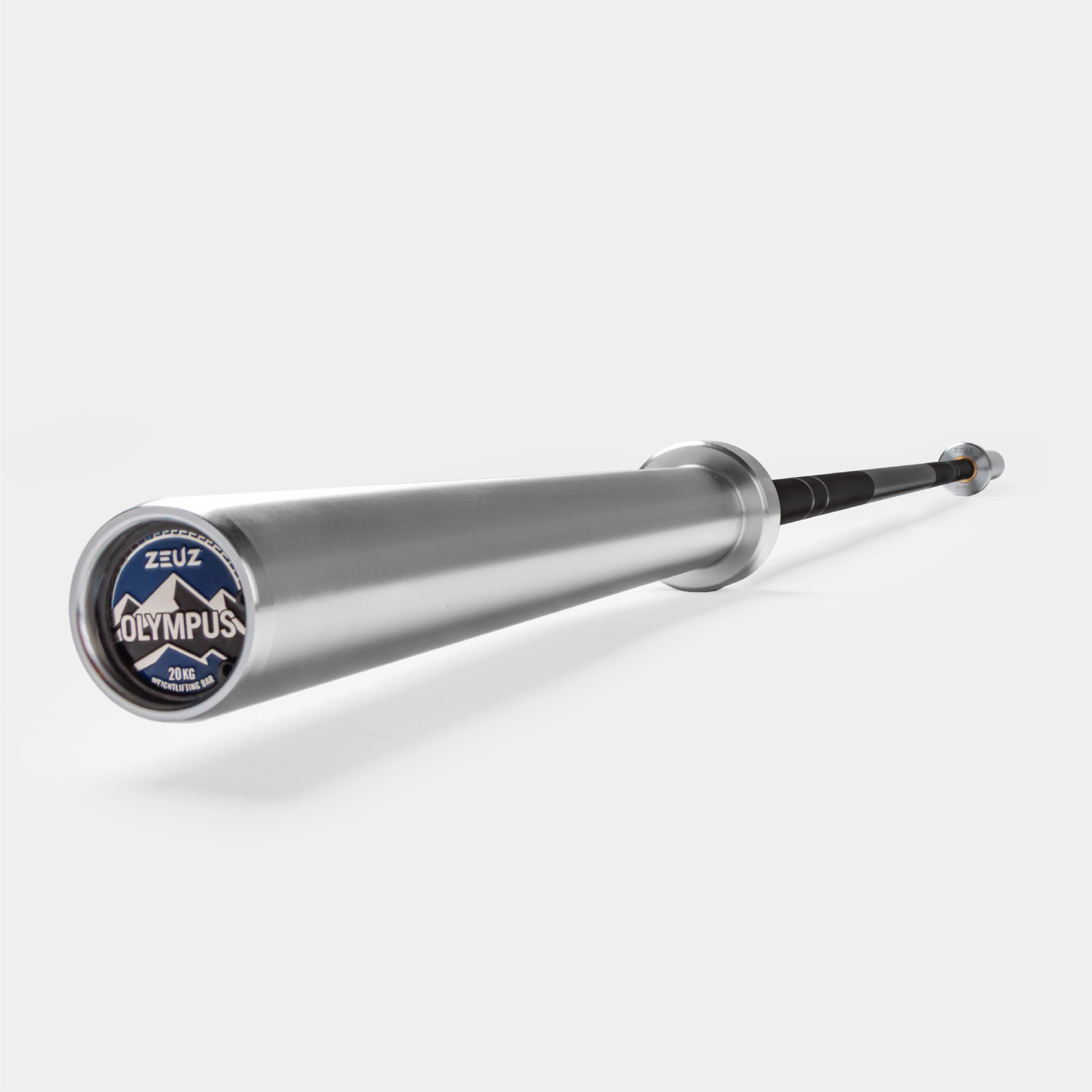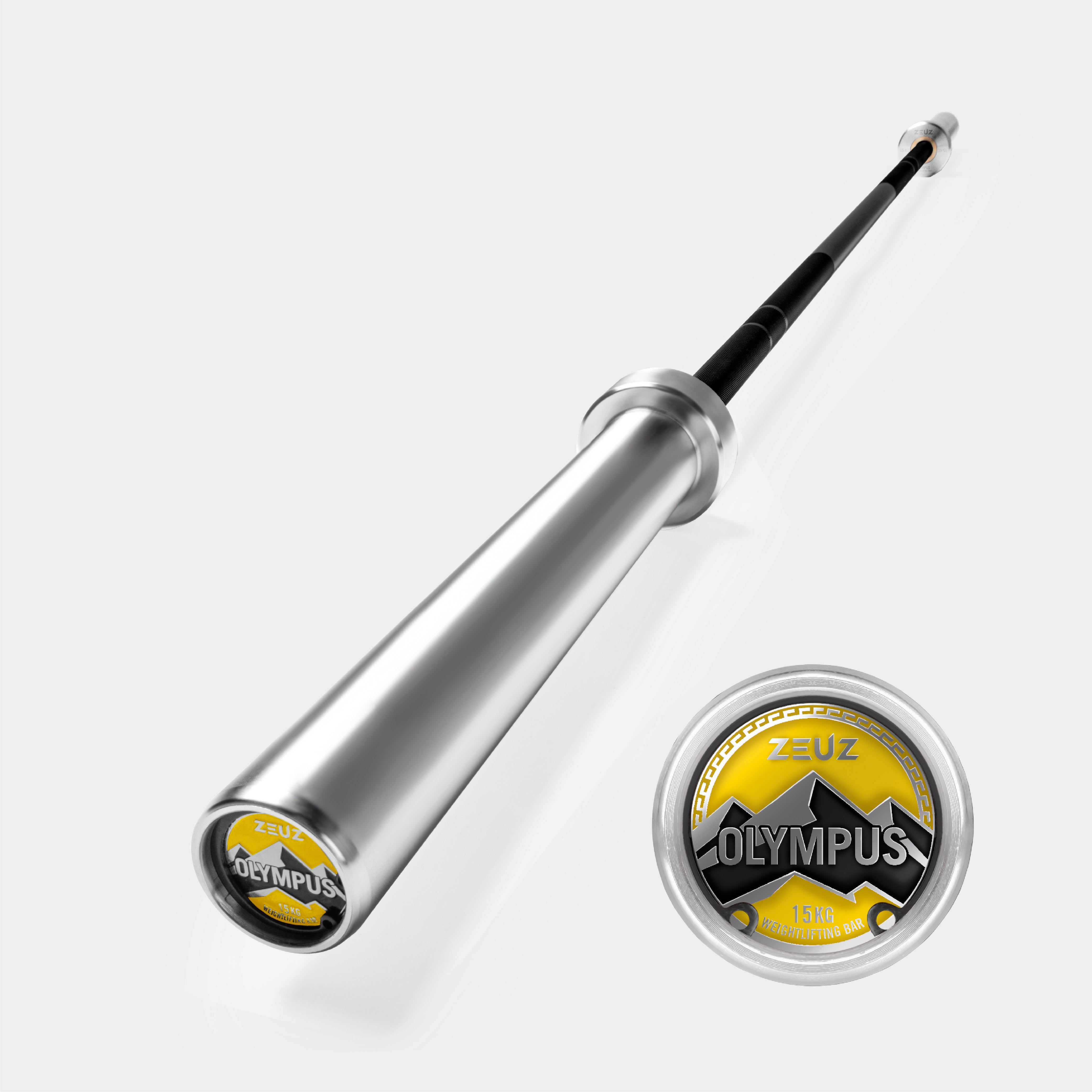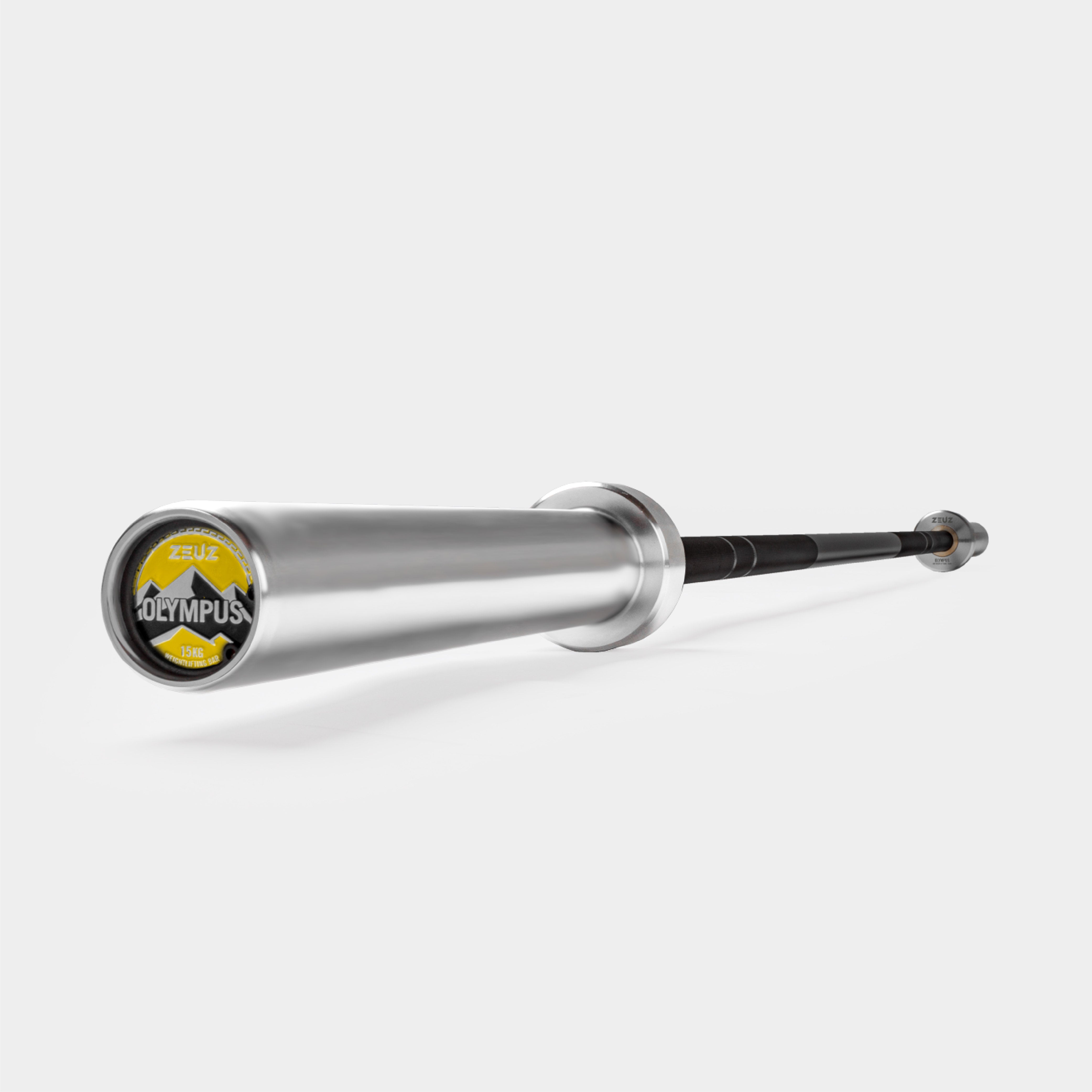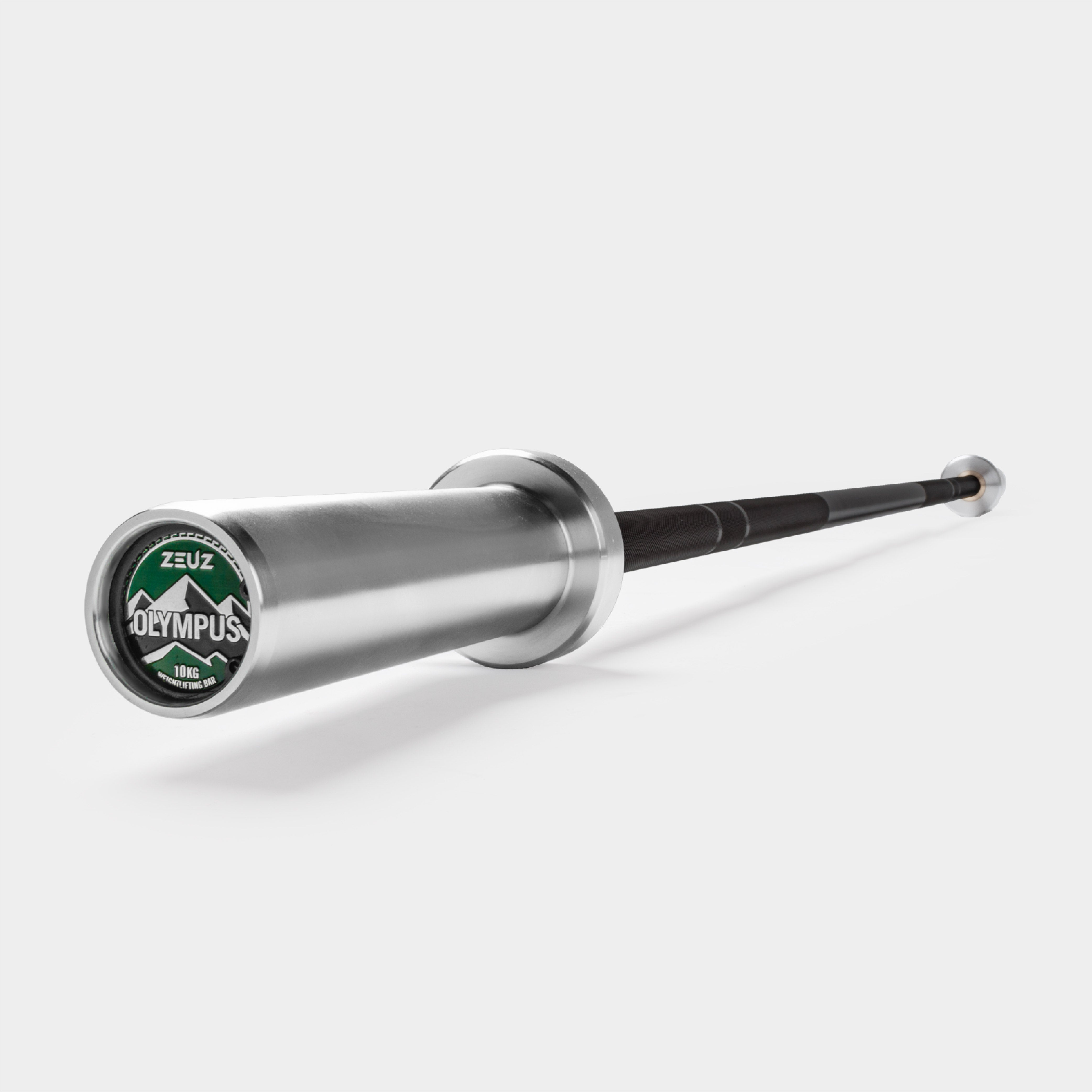Why a barbell is so important
"You can't make your full-body strength training more complete than with a barbell. Why? Because it allows you to train large muscle groups, improve your coordination, and make your strength progress measurable. A barbell is also:"
- Multifunctional
- Suitable for full-body training
- Good for maximum strength development
- Long-term investment
Do you really want to train without limitations? Then combine your barbell with a sturdy set. weight plates and increase the weight step by step!
The best barbell exercises
A barbell opens the door to dozens of exercises that challenge your entire body. Here are a few absolute essentials:
✔ Squats
✔ Deadlifts
✔ Bench Press
✔ Overhead Press
✔ Barbell Rows
✔ Snatch & Clean and Jerk
Do you train with heavy weights? Then you can drop pads help to reduce impact and noise when dropping the rod!
Buying halter bars: what should you pay attention to?
"Not every barbell is the same. Do you want to buy a barbell that suits your training? Then pay attention to these points:"
1. Length & type of barbell
- Olympic weightlifting bars (2.2 meters) - Perfect for weightlifting and powerlifting.
- Short barbells (1.2-1.8 meters) - Ideal for home use or limited space.
- EZ Curl Bars - Specially designed for bicep and tricep exercises.
- Hex Bars - Ideal for deadlifts and farmer's walks with less strain on the lower back.
2. Knurling & grip
- The sharper the knurling, the more grip you have.
- Choose a softer knurling if comfort is important to you.
- For deadlifts and powerlifting, a more aggressive knurling is ideal.
3. Load capacity & whip
- Powerlifters need a stiff barbell without 'whip' (flexibility).
- Weightlifters prefer bars with a bit of flex for better shock absorption during explosive lifts.
4. Lagering & rotation
- Weightlifting? Choose a barbell with smooth bearings for a fluid rotation.
- For strength training, buses are often sufficient and more sustainable.
How do you use a barbell correctly?
A good technique prevents injuries and helps you become stronger faster. Here are a few tips to get the most out of your barbell:
- Place your hands at the correct width for the exercise you are doing.
- Experiment with a mixed grip or hook grip during heavy deadlifts.
- Engage your core well before doing a heavy lift.
- Keep the bar close to your body.






